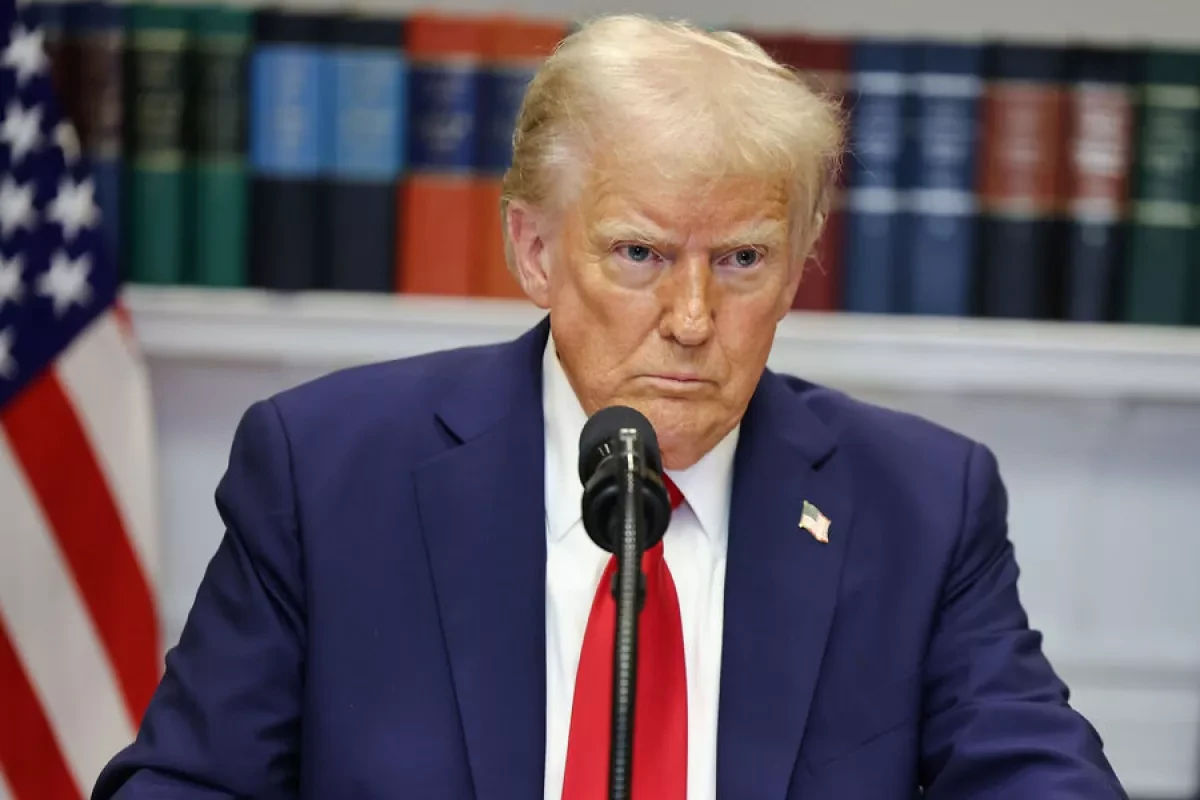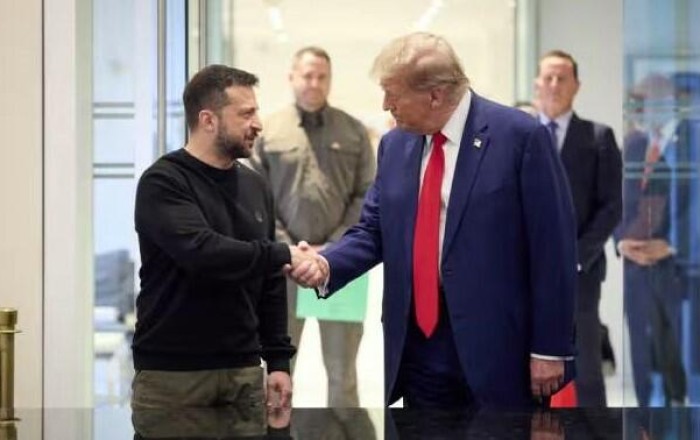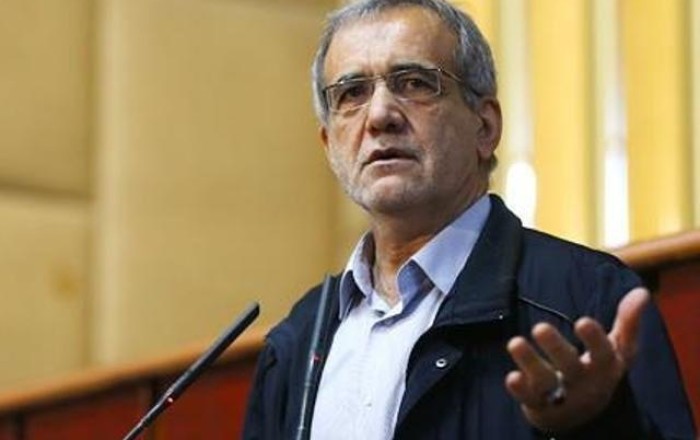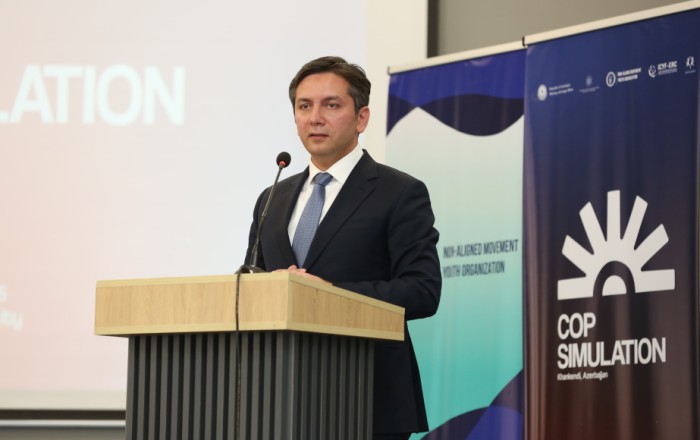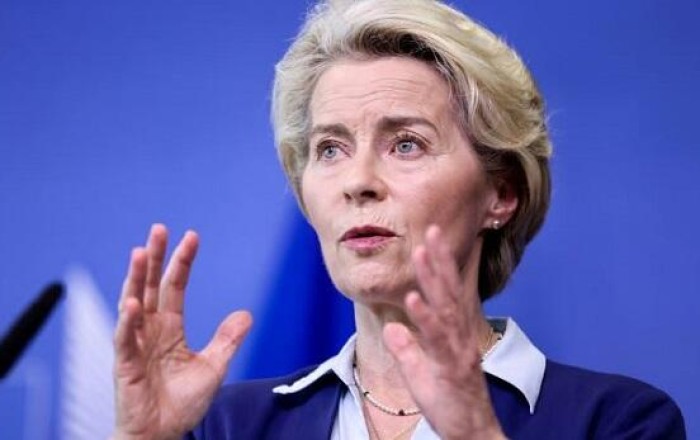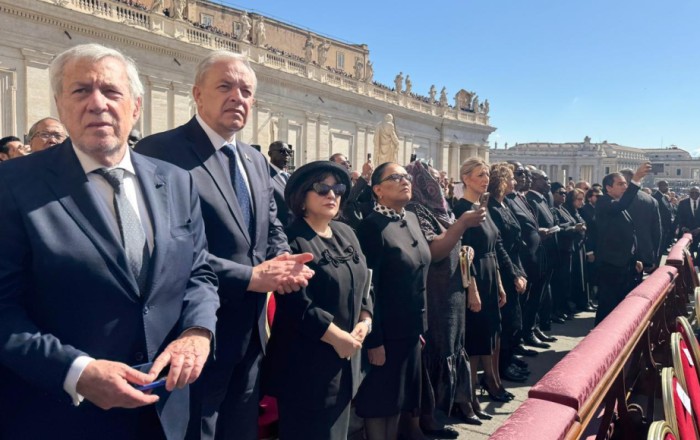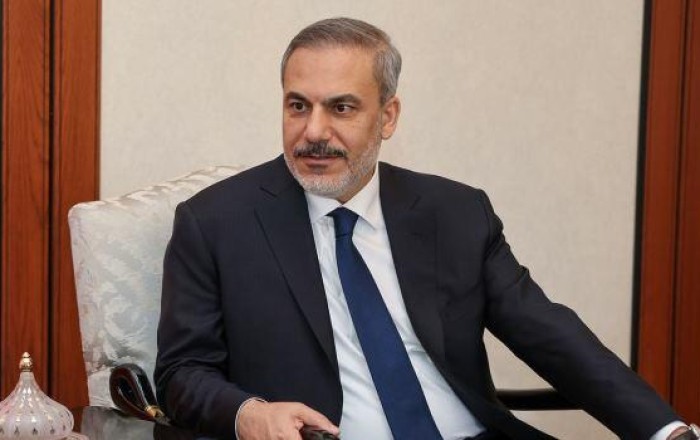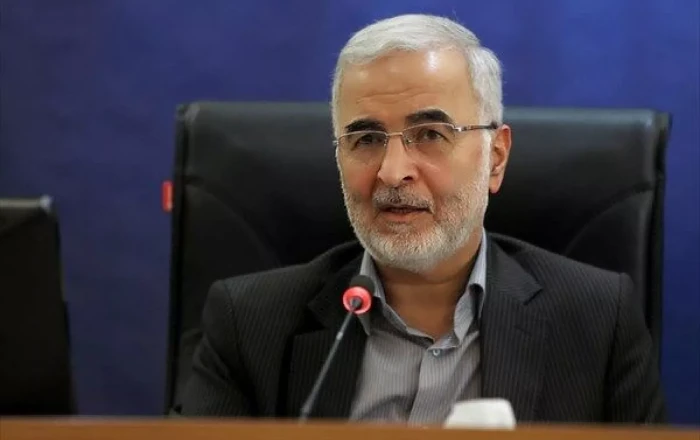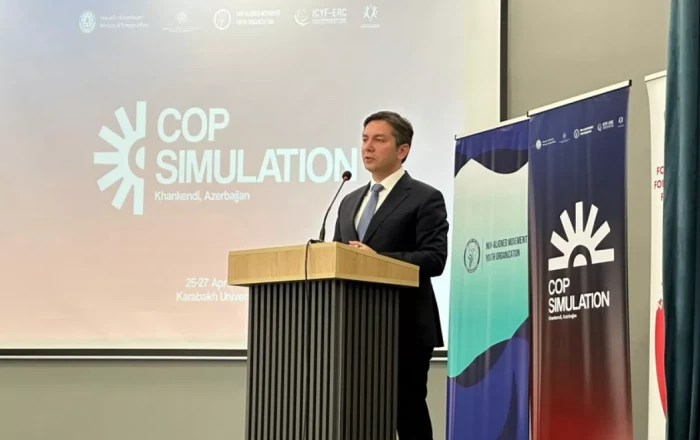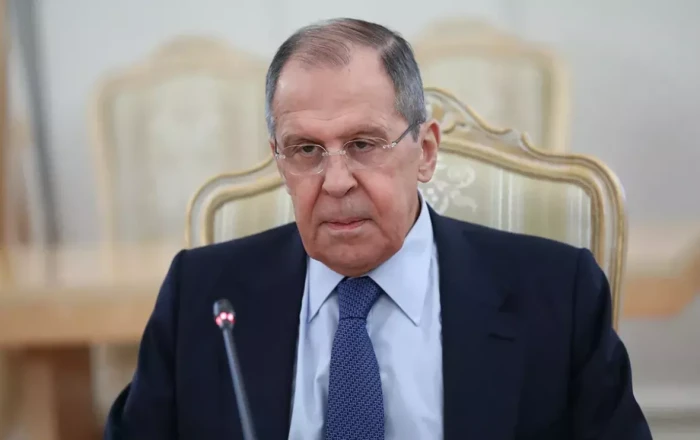Heads of parliamentary committees from seven European countries have called on US President Donald Trump and the US Congress to adopt a tougher stance on Russia.
According to the French publication Le Monde, the collective appeal was made by parliamentarians from Ukraine, the United Kingdom, France, the Czech Republic, Estonia, Latvia, and Lithuania, Caliber.Az reports.
The parliamentarians strongly condemned the policy of appeasement towards Russia, demanding a unified and firm position against what they referred to as Russia’s "terrorist regime." They emphasised that Ukraine must not be subjected to external pressure or compromises regarding its sovereignty. Additionally, they urged NATO to immediately accept Ukraine and accelerate its EU membership process.
This call comes in opposition to Trump’s proposed peace plan, which, according to media reports, suggests Ukraine renounce its NATO membership aspirations, the lifting of US sanctions on Russia, and Washington’s recognition of Crimea as part of Russia. In a recent interview with Time, Trump argued that the conflict began due to Ukraine’s push for NATO membership, which he said Russia opposed. He proposed that Ukraine abandon its NATO ambitions as a path to peace and stated that Crimea, in his view, has long been a part of Russia, thereby resolving any territorial disputes.
At the same time, Trump and Ukrainian President Volodymyr Zelenskyy held a private meeting on April 26, 2025, during the funeral of Pope Francis in Rome. The White House described the discussion as "very productive." This meeting marked their first face-to-face dialogue since a tense encounter in February, when reports indicated a heated disagreement in the White House. Trump and Vice President JD Vance had allegedly accused Zelenskyy of failing to properly appreciate US support in Ukraine's war with Russia. According to sources, the confrontation ended with Zelenskyy being “essentially kicked out” of the Oval Office.
Trump’s administration is also accelerating efforts to broker a peace deal to end the three-year conflict. Upon arriving in Rome, Trump told reporters that he believed Russia and Ukraine were “very close” to reaching a resolution. This followed a high-level meeting between Trump’s special envoy Steve Witkoff and Russian President Vladimir Putin, which Kremlin aide Yuri Ushakov described as "constructive and very useful."
By Tamilla Hasanova
Source: caliber.az


